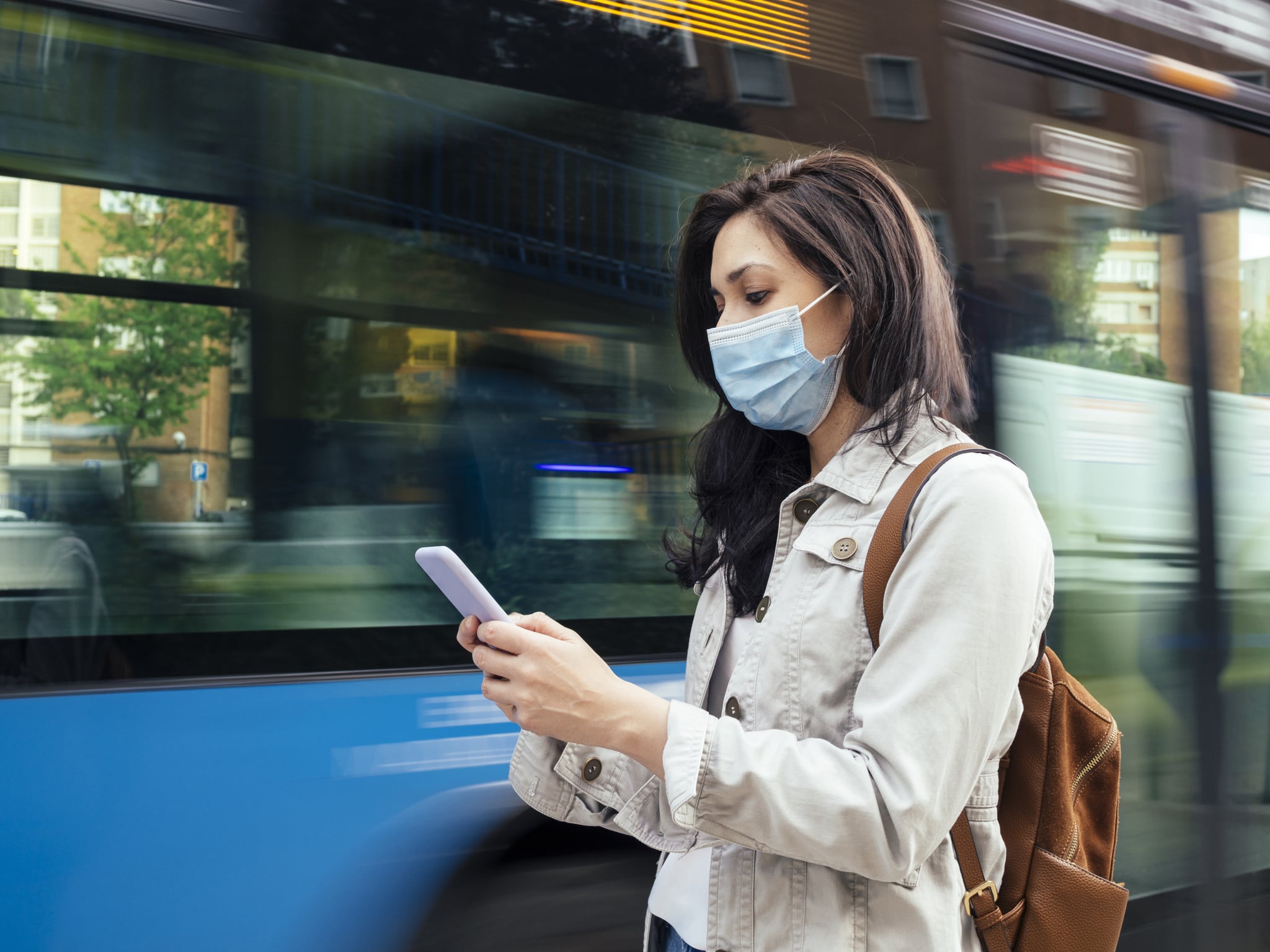
The CDC caused a stir earlier this month by announcing new COVID-19 quarantine recommendations. Instead of a blanket 14-day quarantine for anyone in contact with a COVID-19-positive person, the CDC now provides another option: if you’ve been in contact with someone who had the virus but you haven’t shown any symptoms, you can end your quarantine period after 10 days; if you test negative in addition to that, you can end it after seven days.
It’s an important change, said Nicholas Kman, MD, an emergency medicine physician at the Ohio State University Wexner Medical Center, because “it shows that the CDC and public health in general is responsive to emerging literature and evidence.” And it’s a good thing, allowing some people to limit their time in isolation by at least four days.
So how do these new guidelines actually impact your life, and why were they put in place at all? POPSUGAR talked to Dr. Kman to find out.
What Are the CDC’s New Quarantine Guidelines?
The CDC still recommends quarantining for 14 days, but it also provides two alternative options for people who are showing no symptoms.
- You can end quarantine after 10 days if you have no symptoms. With this strategy, the CDC says there is about a one percent risk of transmitting COVID-19 after quarantine.
- You can end quarantine after seven days if you test negative within 48 hours of planned quarantine discontinuation and have no symptoms. With this strategy, the CDC says there is about a five percent risk of transmitting COVID-19 after quarantine.
See the full quarantine guidelines on the CDC website.
Why Did the CDC Shorten the COVID-19 Quarantine Time?
According to Dr. Kman, the CDC shortened the quarantine time for scientific and pragmatic reasons. For starters, one thing we know about COVID-19 is that “most people get symptoms between day two and day 10,” Dr. Kman said. Those asymptomatic people who do have the virus but aren’t showing signs of it, he added, have only a one percent chance of spreading the virus after day 10, according to the CDC.
Another thing we know: “It’s very hard to quarantine for 14 days,” Dr. Kman said. “It’s disruptive. It’s difficult.” Though there is still a chance of transmission after 10 days, it’s so small that, in the CDC’s view, it likely seemed “worth it, given the number of cases that we have and the ability of people to be compliant,” Dr. Kman explained.
Though it might be confusing to see the CDC changing its guidelines so late in the game, Dr. Kman noted that this is standard in the medical field. “We’re very used to new evidence coming in and changing how we practice,” he said. “This was a novel virus that we had never seen before. We have to follow the literature and do the right thing after we know the facts.”
How Long Should I Quarantine If I’m Asymptomatic?
Dr. Kman said the 10-day quarantine is appropriate for low-risk asymptomatic people who have been in contact with someone with COVID-19. For high-risk people, such as people who are immunosuppressed or over age 65, he recommended staying with the 14-day quarantine.
Though there is also an option for a seven-day quarantine with a negative test, Dr. Kman said he wouldn’t recommend it. “You really can’t ‘test out’ of quarantine,” he said, because COVID-19 tests can have such a wide range of reliability. You might not be “shedding” enough virus on day seven to test positive, but you could still be contagious to others. “You would come out of quarantine based on what would be a false negative test,” he said. “Waiting for the 10-day mark makes the most sense for your lower-risk asymptomatic folks.”
He added that, if you’re asymptomatic, low-risk, and considering the 10-day quarantine option, you should also be strict about it. “We can’t say, ‘Oh, I’m at nine days, so I’m probably good,'” Dr. Kman explained. Shaving even a day or two off the 10-day quarantine time increases your risk of transmitting the virus. “We can look at this as the CDC trying to make our lives a little better,” he said. “But if we do get exposed, we have to follow the guidelines.”
POPSUGAR aims to give you the most accurate and up-to-date information about the coronavirus, but details and recommendations about this pandemic may have changed since publication. For the latest information on COVID-19, please check out resources from the WHO, the CDC, and local public health departments.
